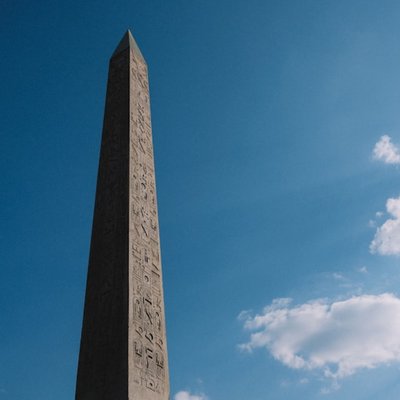plein
- Dictionary
plein
An adjective is a word that describes a noun (e.g., grand, petit).
1. (filled)
a. full
Le parking est plein. Impossible de se garer !The parking lot is full. It's impossible to park!
a. full of
Mes parents sont revenus de vacances la tête pleine de souvenirs.My parents came back from vacation with their heads full of memories.
b. filled with
Les copies des élèves sont pleines de fautes d’orthographe.The students' papers are filled with spelling mistakes.
3. (complete)
a. pregnant
Le vétérinaire a confirmé que la brebis était pleine.The vet confirmed that the ewe was pregnant.
A preposition is a word that indicates the relationship between a word and another word (e.g., par, en).
a. full of (adjective)
Tu as vraiment besoin de tous ces stylos ? Tu en as plein les poches !Do you really need all those pens? Your pockets are full of them!
An adverb is a word that describes a verb, an adjective, or another adverb (e.g., très, gentiment).
6. (colloquial) (many; usually used with "de")
A word or phrase that is commonly used in conversational speech (e.g., skinny, grandma).
a. plenty
Tu as des idées pour le cadeau de Lionel ? - J’en ai plein !Do you have any ideas for Lionel's present? - I've got plenty!
b. lots of (colloquial)
A word or phrase that is commonly used in conversational speech (e.g., skinny, grandma).
J’ai plein de trucs à faire aujourd’hui.I've got lots of things to do today.
A masculine noun is used with masculine articles and adjectives (e.g., l’homme, le soleil).
a. full tank
Avec la hausse du cours du pétrole, le prix du plein a atteint un nouveau record.With the rise in oil prices, the price of a full tank has reached a new record high.
Examples
Random Word
Roll the dice and learn a new word now!




















